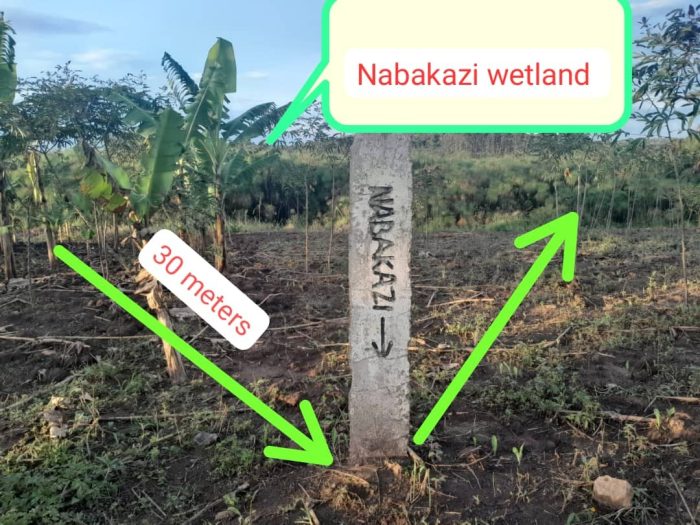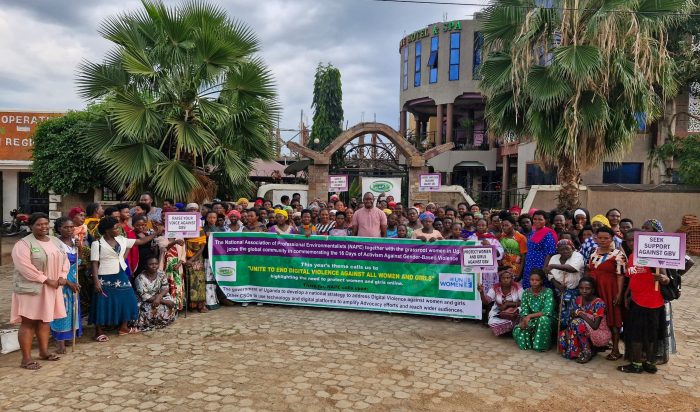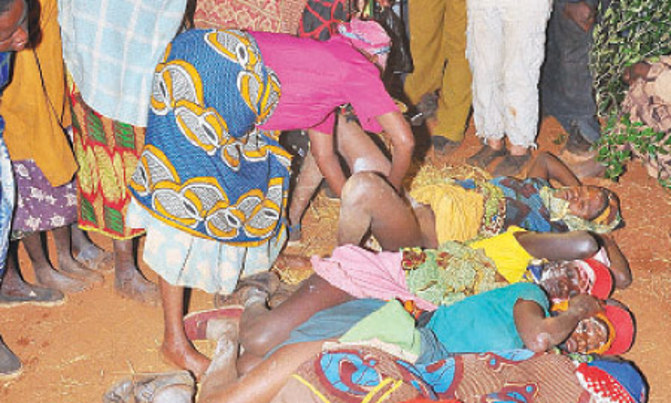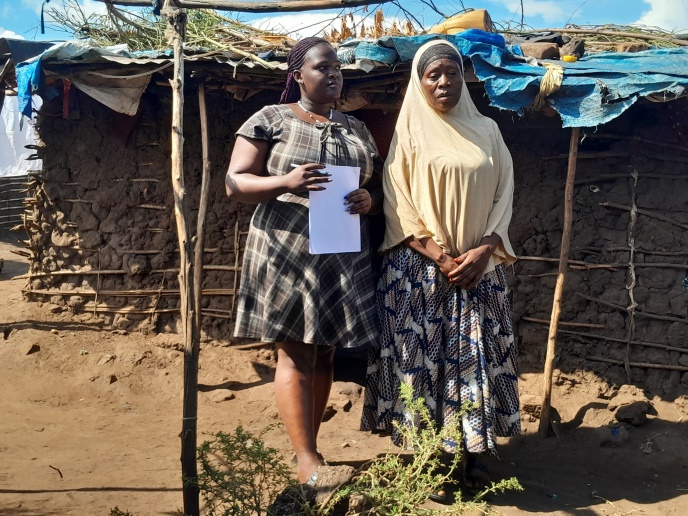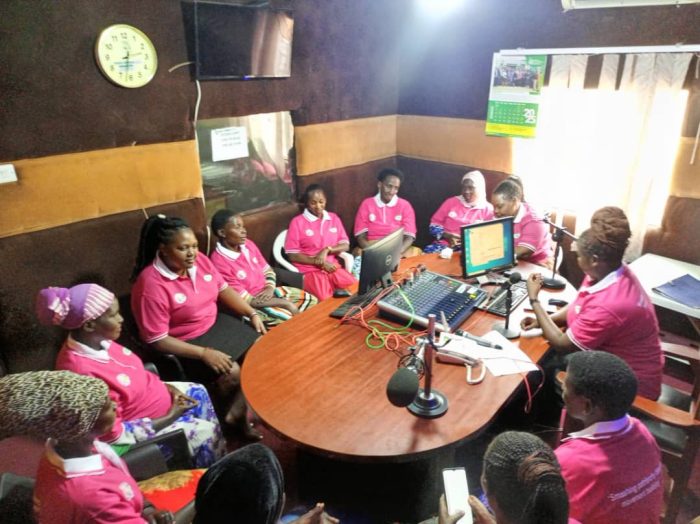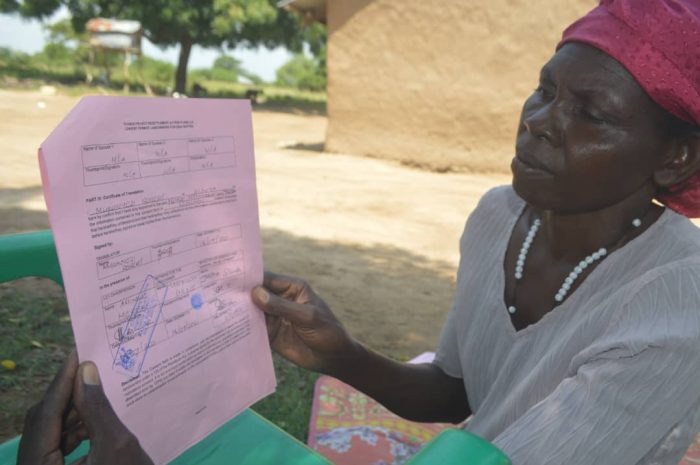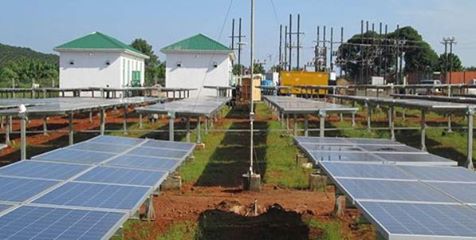
Goeffrey Kamese Nansonve is representing NAPE in the African Renewable Energy Initiative (AREI) meeting that is taking place in Berlin German. The African Renewable Energy Initiative (AREI) was launched in Paris during the UNFCCC COP21. The AREI aims at enabling the installation of large-scale renewable energy capacity on the African continent by 2020, which would have a considerable impact on the reduction of greenhouse gases emissions in the continent. At least $5 billion in public and highly concessional finance between 2016 and 2020, from bilateral, multilateral and other sources, including the Green Climate Fund, will be needed to leverage a further USD15 billion in other investments, for a total investment of at least USD20 billion pre-2020.
The Initiative is led by the African Union’s commission, the New Partnership for Africa’s Development (NEPAD)’s Agency, the African Group of Negotiators, the African Development Bank, the UN Environment Program (UNEP), and the International Renewable Energy Agency (IRENA).
The AREI has been identified as an important initiative of driving an energy transformation process on the African Continent. NAPE; which is also Friends of the Earth Uganda cherishes and has been promoting the idea of a community owned and community controlled energy development agenda and it is in this spirit that we are looking at an energy agenda that supports community centered and community owned energy options as a way of overcoming community energy poverty in Africa. As we welcome the African Renewable Energy Initiative (AREI), we hope it will not repeat past energy initiatives on the continent that have brought more misery to the people instead of improving their livelihoods. While governments have been focusing on energy for industry, they have not put equal efforts towards developing energy that can meet the basic energy needs of the communities.
Today people are considered to have energy access even when they cannot utilize it and only see cross their houses just because of such energy is not affordable to them. Many communities lack clean cooking energy and depend on biomass for energy. We have seen energy systems fail not only in Africa but all around the globe. It very definite that an energy breakthrough on the African continent will only be achieved when the people on the continent will collectively have a say on the kind of energy they desire and where such energy option should be located.
‘The 0.6MW Solar plant, on Bugala Island – Kalangala District’
‘THE BIGEST BURDEN: women in Africa spend a lot of time looking for firewood

